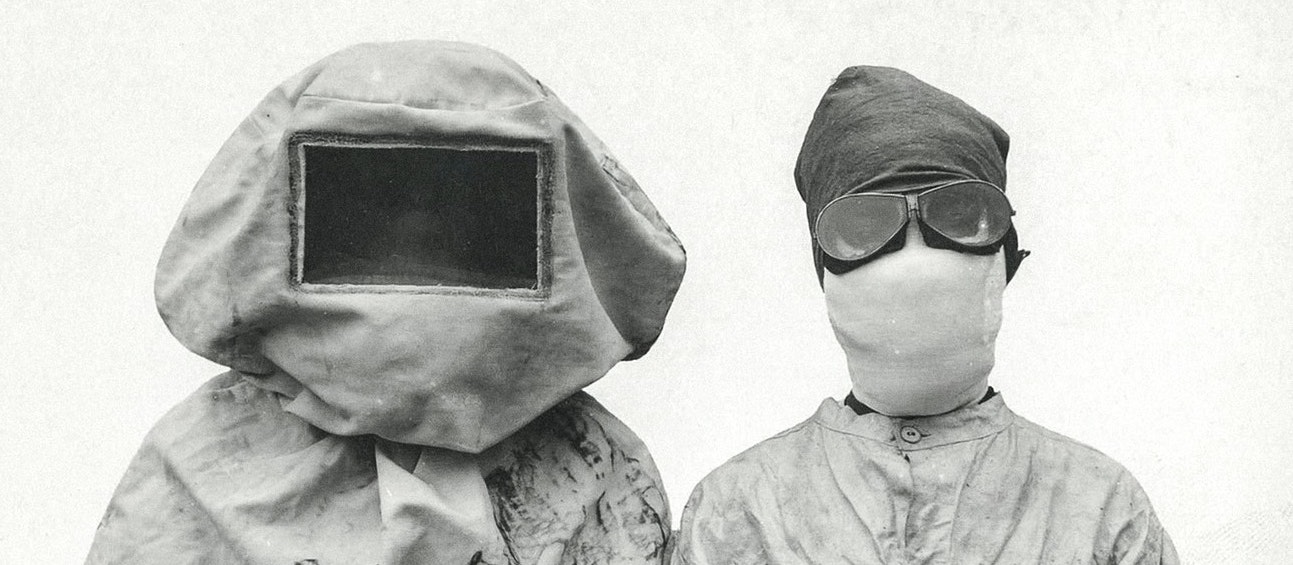Without qualification, masking has been one of the most contentious issues for church leaders to face over the last two years. For some, it is a matter of health and preserving life. For others, it is a matter of liberty and personhood. For all, it is a matter of wisdom. By examining the issue of masks, we get a picture of the growing behemoth and complexity of bureaucratic rule and how we might respond as Christians. As the government expands, so do its rules. Christian wisdom demands we not settle for pat answers to an ever evolving code of ‘right behavior’ from a demonstrably godless state. So rather than view this as just another exercise in futility, continuing to model the heated rhetoric in the world, I believe it can be a constructive conversation in exploring the relationship of church and state for Christians.
Login to read more
Sign in or create a free account to access Subscriber-only content.
Topics:
